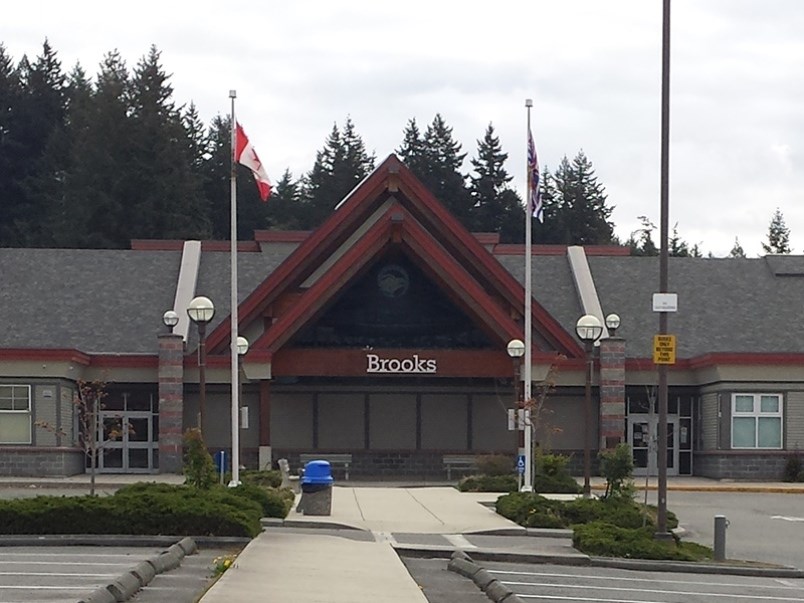I recently learned that the verb for learning in Éy7á7juuthem is the same for education: tɩwšəm.
To educate is to learn. I teach in a developing education system that doesn’t yet grasp this connection, or if it does, isn’t yet willing to remove the barriers to extend our system.
I don’t feel we learn, as educators, as much as we “educate” or deliver the mandates. Our curriculum is supposed to be infused with Indigenous principles. It is supposed to be infused with a mix of outdoor education and environmentalism.
We learn as educators that nature is worth protecting, Indigenous principles are worth conversing about, but we don’t apply these concepts in a way to really learn them.
I feel to learn deeply, the teachings need to tell a story, they need to weave ideas across disciplines, they need to form emotional connection, they need to have heroes found in our communities, they need to bind us to a place. As much as individuals and small groups in the system strive for this, and at times, achieve it, the system falls short in teaching our kids the full story.
Timetables, money, contracts, inflated risk, lack of training/comfort, these are the barriers that we hide behind. I have a simple quote I live by: “We don’t view things as they are, we view them as we are.”
If we are not outside of our classrooms, either with other teachers or in nature or in the community, if we are not in our creative, critical, emotionally charged minds, then we are not learning and we are therefore not educating, at least wholistically.
We are missing the true view. We fail to know our place, our physical and social place, as opposed to our virtual or institutional place.
If we could be in a system that not only supports wholistic education but is driven by it, shaped by it, then we could have a system preparing our kids for a future that is sustainable, an actual future.
If we cannot tell the whole story, we cannot hope to address and prepare our youth to address social inequities and environmental degradation, both of which are the key ingredients to overcoming climate change.
Graham Cockedge is an environmental science teacher at Brooks Secondary School in Powell River.
Join the Peak's email list for the top headlines right in your inbox Monday to Friday.



